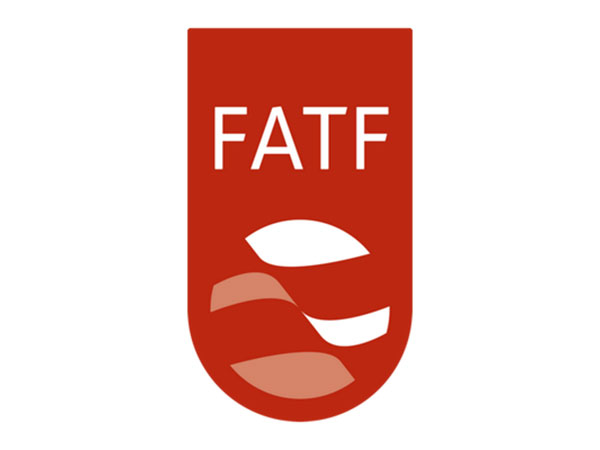The Financial Action Task Force (FATF) on Thursday lauded India’s efforts to tackle illicit finance but cautioned the country about serious threats related to terrorism and terrorist financing, particularly concerning groups like ISIL and Al Qaeda.
In a statement posted on X, FATF highlighted, “India achieved a high level of technical compliance with the FATF Recommendations and has taken substantial measures to tackle illicit finance. However, it must continue to enhance its system as its economy and financial landscape expand.”
The joint FATF-APG-EAG report acknowledged India’s anti-money laundering and counter-terrorist financing (AML/CFT) framework, which has yielded positive outcomes, including improved risk understanding, better access to beneficial ownership information, and the successful deprivation of criminal assets. Indian authorities were also praised for their effective use of financial intelligence and cooperation, both domestically and internationally.
Despite the accolades, the FATF urged India to focus on concluding prosecutions and ensuring appropriate sanctions for terrorist financiers. The report stated, “India faces serious terrorism and terrorist financing threats, including those related to ISIL and Al Qaeda. While India places a strong emphasis on disruption and prevention and has demonstrated its capability in complex financial investigations, it must continue to refine its systems, particularly in completing money laundering and terrorist financing trials and ensuring offenders receive suitable penalties.”
The FATF also emphasized the importance of adopting a risk-based and educative approach with non-profit organizations, stressing that measures should be implemented to prevent the abuse of the non-profit sector for terrorist financing.
India, the world’s most populous country and home to the largest diaspora, is classified as a lower-middle-income nation with one of the fastest-growing economies, currently ranking as the fifth largest globally. The main risks of money laundering in India stem from illegal activities, primarily fraud—including cyber-enabled fraud, corruption, and drug trafficking.
While India has made significant progress in addressing money laundering related to fraud and forgery, the report indicated that further action is needed regarding human trafficking and drug trafficking offenses. Additionally, the backlog of pending money laundering cases requires urgent attention.
The FATF report also lauded India’s efforts in financial inclusion, noting that the country has more than doubled the proportion of its population with bank accounts, promoted digital payment systems, and implemented simplified due diligence for small accounts. These initiatives have bolstered financial transparency, supporting broader AML/CFT efforts.
Despite the complexity of its financial system, Indian authorities effectively coordinate on matters related to illicit financial flows and have achieved commendable results in international cooperation, asset recovery, and the implementation of targeted financial sanctions against proliferation financing.
While there is a strong understanding of money laundering, terrorism, and proliferation financing risks, the report indicated a need for better information sharing among stakeholders. The financial sector, particularly commercial banks, has shown a good grasp of risk management and preventive measures, although smaller institutions lag behind.
Financial institutions are working to enhance measures for politically exposed persons (PEPs), but India must address the coverage gap regarding domestic PEPs and ensure reporting entities fully comply with these requirements. Additionally, the implementation of preventive measures by the non-financial sector and virtual asset service providers is still in its early stages. Improving cash restriction enforcement among dealers in precious metals and stones is a priority due to the significance of this sector.
Following this assessment, India has been placed under “regular follow-up” and is expected to report back to the Plenary in three years.
(Input: ANI)














